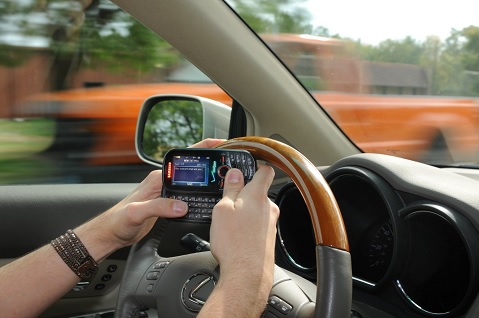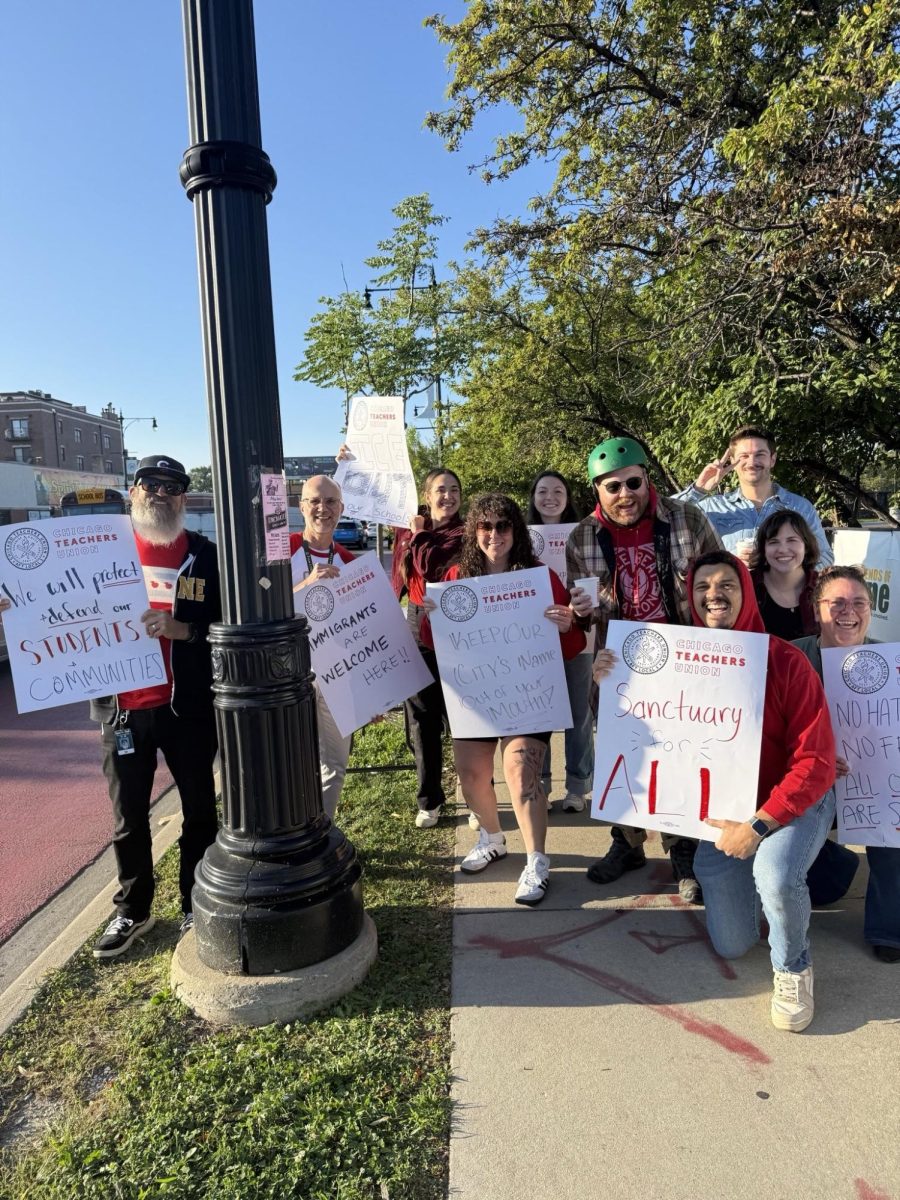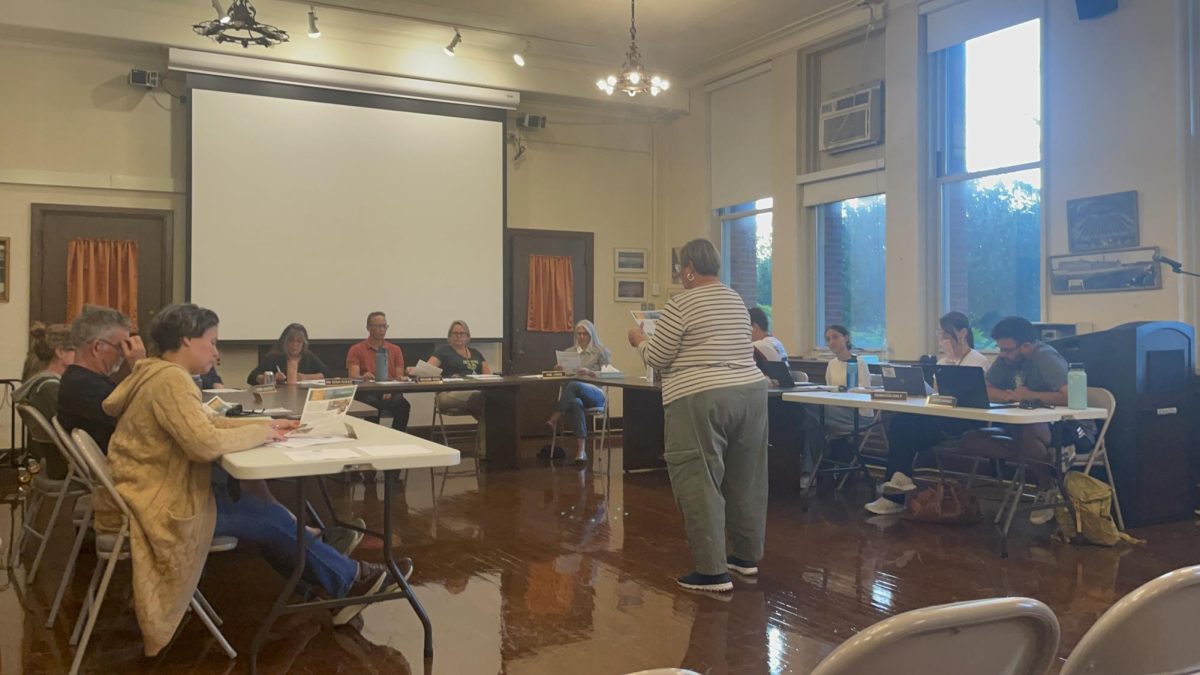By Walker Post
The new year brought about a number of new laws that were approved in Illinois. Some will directly affect Lane students, and could leave you with a fine or even a jail sentence.
People who improperly dispose of their cigarettes now face a Class B misdemeanor, a $1,500 fine, and a jail sentence of six months. The second offense is the same fine, but a Class A misdemeanor. On the third offense, the litterer faces a Class 4 felony and would be fined $25,000 with up to three years in jail. Flicking a cigarette out the car window or onto the sidewalk are reasons for a police officer to stop you.
Darihy Khopak, Div. 468, disapproves of the new law.
“I feel like it’s just a weak attempt at making our city more anti-tobacco and maybe promote a healthier public,” Khopak said. “Realistically, it will accomplish nothing.”
According to a study done by the Keep America Beautiful campaign, cigarettes are the most common form of litter, even though fewer Americans are smoking than ever before. The overall rate for cigarette butts is 65 percent. The Ocean Conservancy’s 2012 International Coastal Cleanup showed cigarette butts as the most littered item, representing 32% of all items collected.
“There is no way to reinforce this law,” Khopak said. “So people will continue doing what they want.”
Drivers who typically have one hand on the steering wheel and one hand holding their phone to their ear are going to have to rethink the way they drive. If they want to make calls while driving, they must use a bluetooth headset, earpiece or put their device on speakerphone. Drivers who get caught using hand-held devices while driving will get fined $75. Every time after that, the fine will incrementally go up by $25, until the maximum of $150.
Jade Doyle, Div. 462, thinks the law is a step in the right direction for preventing accidents in Illinois.
“Waiting five minutes to read a text won’t ruin your life,” Doyle said. “However, hurting someone, or hurting yourself because of something as silly as a text message could.”
It is already illegal to use hand-held devices in construction and school zones. Drivers under 18 are also already banned from using their phones at all, unless they are making an emergency call. Texting while driving was already previously prohibited in Illinois and will remain that way.
For Chicagoans, this is nothing new. A previous law was already in place that made it illegal to talk on the phone while driving, unless the driver had bluetooth or had it on speakerphone.
This is the most recent push in Illinois to make driving safer. Drivers have already seen campaigns like “Click it or ticket” and “Drive sober or get pulled over.”
“We can be told a million times all the dangers of texting and driving,” Doyle said. “But we’re too arrogant to believe that it will ever happen to us.”
Teens will now have to be 18 in order to tan indoors. Until now, all that was needed was the parents consent in order for kids between the ages of 14 and 17 to use these facilities.
Adrianna Mikolajczyk, Div. 472, has been tanning since eighth grade. Recently she has slowed down to going only once every couple months. She approves of the new law because she recognizes it’s dangers.
“As crazy as it sounds, it can be really addicting,” Mikolajczyk said.
Indoor tanning is a health concern due to tanning beds emitting twice as much skin damaging radiation than sun tanning. It can potentially lead to aging effects or skin cancer. While this might take years to surface, tanners are given the immediate effect of looking the way they want themselves to look.
Mikolajczyk is happy that she has stopped going as frequently. She used to notice “dark spots” on her skin due to too much tanning.
“I’m glad I’m not as ‘fried’ as I used to be,” Mikolajzyyk said.
17-year-olds will now be eligible to vote in the Mar. 18 primary, provided they turn 18 by the November general election. This law is in place so that young voters have a say in who makes it to the fall election.
However, in order to vote, they must register by Feb. 18. The goal is to have at least 25,000 17-year-olds to vote this year.
Mr. DeRoss, political science teacher, is skeptical of the effectiveness of the new law.
“The worst voting percentage we’ve got is 18-23,” DeRoss said. “I don’t see 17-year-olds making it any better.”
Elections in Illinois include the positions for Governor, all of the Congress and State Representative positions and a third of the state senators.





